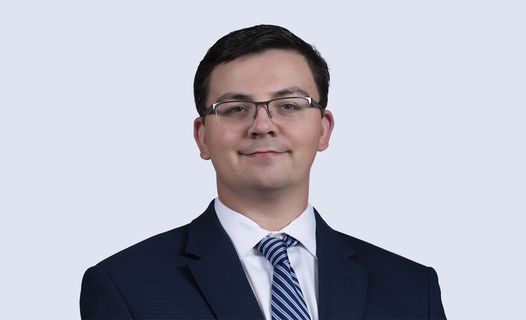Last week, the CDC announced that “fully vaccinated” people: (1) can go mask-less indoors; (2) cease social distancing; (3) be excluded from routine screenings; and (4) refrain from being tested or quarantining following a known exposure to a COVID-19-positive person (assuming the vaccinated person remains asymptomatic). However, the CDC’s new guidance also said fully vaccinated people should continue to follow any applicable federal, state, local, tribal, or territorial laws, rules, and regulations. For Michigan employers and employees, this means complying with the Michigan Occupational Safety and Health Administration’s (MIOSHA) Emergency Rules, the Michigan Department of Health and Human Services’ (MDHHS) current Gatherings and Mask Order, as well as any other state and local laws on point. This article addresses what impact the CDC’s new guidance currently has on Michigan employers.
MIOSHA Rules Still Control
MIOSHA’s Rules, which went into effect on October 14, 2020, do not yet distinguish between vaccinated and unvaccinated employees, which means the same rules still apply for both sets of employees. Since MIOSHA regulations and rules control workplace safety matters, Michigan employers are still required to implement social distancing and daily screenings of “fully vaccinated” employees pursuant to MIOSHA Rules 6(1) & 7(3).
As for masking, Governor Whitmer announced last week that “fully vaccinated” Michiganders could refrain from wearing masks indoors effective May 15. The MDHHS issued a new Order on that same day that was consistent with Governor Whitmer’s announcement. As of the time of this writing, however, MIOSHA has not issued a new rule, which has created confusion among employers as to their obligations.
MIOSHA’s Rules are still in effect. The key provisions state that:
(5) The employer shall require face coverings to be worn when employees cannot consistently maintain 6 feet of separation from other individuals in the workplace and consider face shields when employees cannot consistently maintain 3 feet of separation from other individuals in the workplace.
(6) The employer shall require face coverings in shared spaces, including during in-person meetings and in restrooms and hallways.
Technically speaking, the above-quoted MIOSHA Rules still require all employees, whether vaccinated or not, to wear masks indoors when in shared spaces (including common areas and at in-person meetings) or within six feet of another person. This seems inconsistent with the MDHHS’s new Order and raises the question as to what qualifies as a “shared space.”
Having said that, in light of the news that MIOSHA anticipates removing its remote work requirement starting May 24, we anticipate new MIOSHA Rules being issued that likely will conform with, or at least provide come clarification regarding, the new MDHHS Order. A MIOSHA official has indicated that MIOSHA is in the process of updating its Rules and anticipates getting something out this week or next.
Further, another MIOSHA official and MIOSHA’s website have also indicated that MIOSHA will consider an employer’s compliance with the MDHHS Order as good faith compliance with MIOSHA requirements, in the context of responding to employee complaints or conducting investigations related to COVID-19.
What Should You Do?
For the time being, Michigan employers should continue enforcing social distancing and daily screening, as well as masking requirements for any employees who are not yet “fully vaccinated.” If you are interested in learning how to properly discern and document who is “fully vaccinated,” please refer to the guidance in our firm’s recent Insight on the topic. Further detail about un-masking options are also contained in our latest Insight covering OSHA’s announcement on the subject.
To ensure you stay up to speed with the latest developments, make sure you are subscribed to Fisher Phillips’ Insight System to get the most up-to-date information, and check out our FP Vaccine Resource Center For Employers. For further information, contact your Fisher Phillips attorney, the author of this Insight, or any attorney in our Detroit office.


